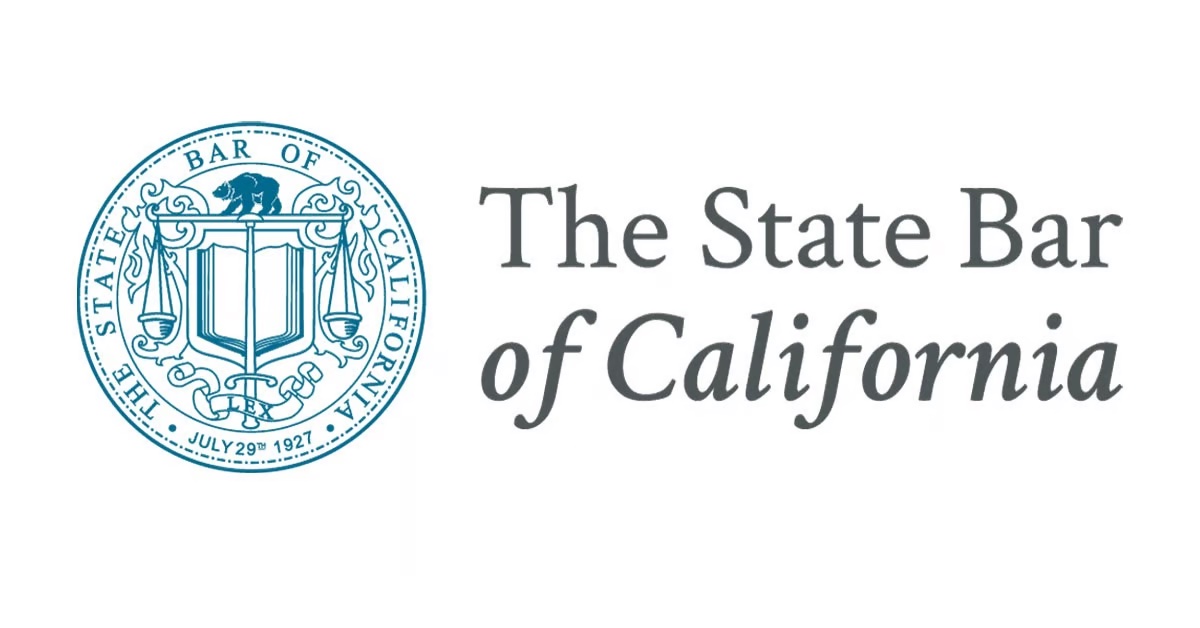and Probate Law Firm
Administering a Living Trust
The living trust has become a very popular tool when clients are planning their estates. As an experienced Folsom estate planning lawyer, the vast majority of my clients are in living trusts. Among other things, the living trust helps family members avoid probate after the decedent passes on and also provides significant tax benefits for certain individuals. Lastly, because the living trust takes effect during a person’s lifetime, it protects the individual during their life and their assets pass according to their wishes after they pass away. More information on living trusts can be found here. Given their increasing popularity, it is important for clients to understand what happens with their living trust after they pass on.
When the Living Trust Becomes Irrevocable
During an individual’s lifetime, a living trust is generally revocable and can be changed according to changing needs and desires. However, after the individual passes away, the living trust become irrevocable because the individual is no longer alive to modify it. During this period, the trust enters the “administration” phase, which ensures that the individual’s wishes for the passing of their assets are fulfilled.
The Administration Phase
After an individual passes away and the living trust has entered the administration phase, there are two key points of administration. The first key point is whose responsibility it is to administer the trust. This person, known as the “successor trustee” is listed in the decedent’s living trust. The second key point is the crucial administration steps. These steps include marshalling all of the decedent’s assets, bringing the decedent’s taxes in order and distributing the assets.
First, the successor trustee must take steps to marshal all of the decedent’s assets. The trustee must identify any assets that were held individually or jointly by the decedent and manage them. After gathering the assets, the trustee will generally open new bank accounts with unique tax identifications for holding trust assets. During this process it is important that the trustee search for any potential creditors that may have unpaid debts owed by the decedent. Equally important is for the trustee to determine whether or not any assets will need to be probated. These include assets that were not jointly owned or did not have beneficiary designations. If any such assets exist, separate proceedings must commence in probate court.
Second, taxes must be accounted for. When dealing with estate planning and trusts, there are many taxes that come into play but the primary ones are estate taxation, income taxation and fiduciary taxation. Estate taxation refers to the estate taxes that are paid on the entirety of the decedent’s estate when they pass away. Estate taxes are levied at both the federal and state level. At the federal level, estate taxation is levied on estates worth $13.61m, as of 2024, and there is no state estate tax in California. The next taxation, income taxation, refers to any income that the individual had before they passed away and the taxes that must be paid on that income. Finally, fiduciary taxes refer to the taxes that are due for the period of time when the successor trustee holds the assets before distributing them.
Finally, after executing the above steps, assets are ready for distribution. As a good housekeeping rule, the trustee will generally mail a notice of proposed distribution before making any distributions and will receive a receipt from the beneficiaries after they have received assets.
Summary
Given the fact that no two trusts are alike, it is generally advised to seek the guidance of an experienced Folsom estate planning lawyer when administering a trust. If the living trust was set up properly and the successor trustee is capable of fulfilling their responsibilities, the administration process can generally be streamlined.







